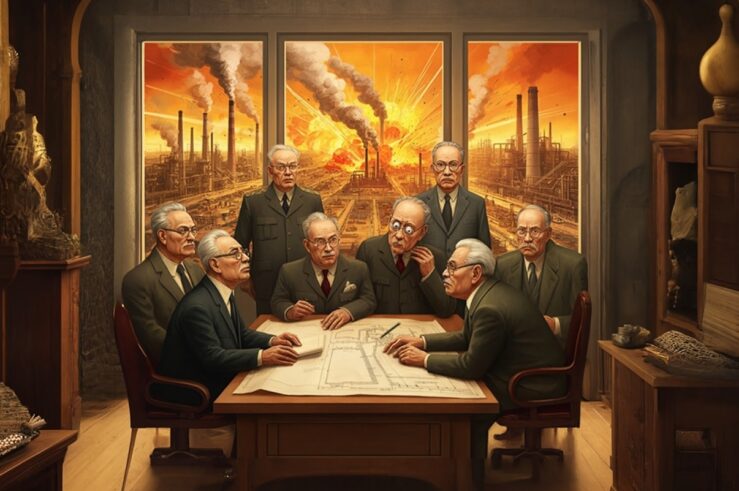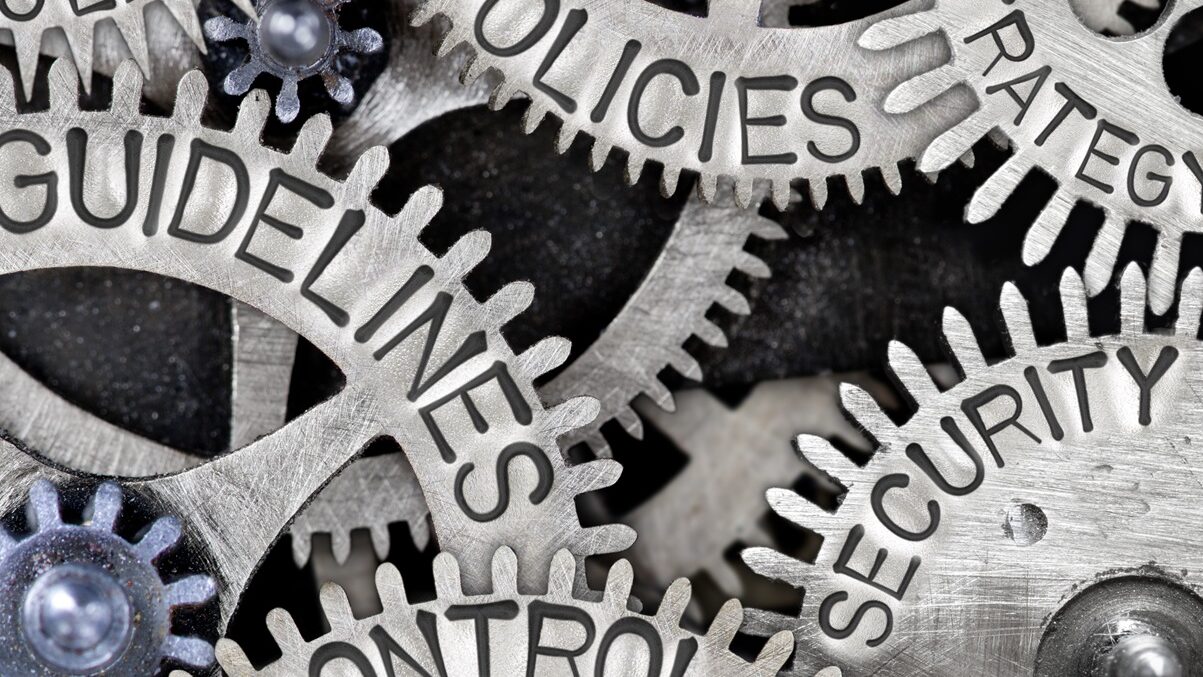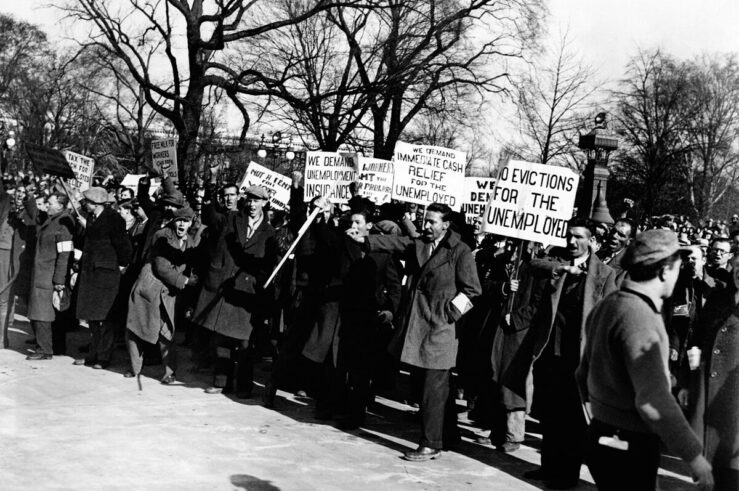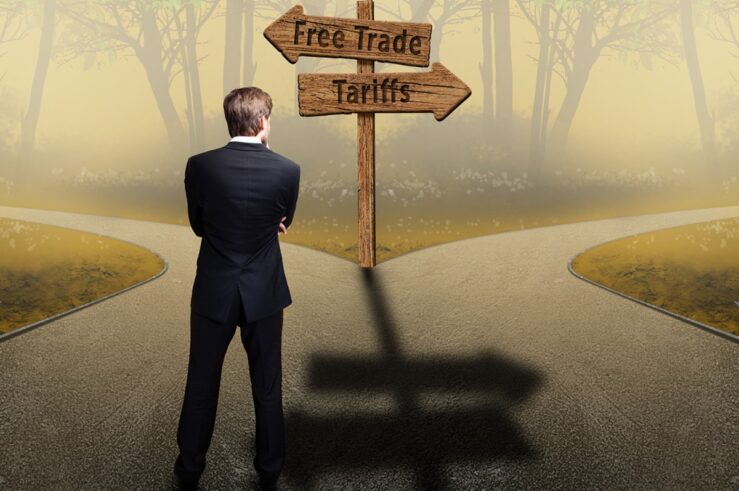
This article is a part of the Perspectives on Industrial Policy symposium.

We are excited to announce the launch of “Perspectives on Industrial Policy,” a new Truth on the Market symposium intended to gather insights from leading experts in economics, law, and public policy. This series aims to explore the promises and pitfalls of industrial policy at a time when it occupies a central role in political and economic discourse. By bringing together diverse voices, we hope to foster a nuanced understanding of what industrial policy can achieve—and where it might go wrong.
Why Now?
Industrial policy has always been a contentious subject, even as it has alternated between periods of prominence and retreat in American economic strategy. Today, however, its resurgence feels different. From bipartisan support for manufacturing initiatives to sweeping legislative acts aimed at rebuilding domestic industries, there is a renewed appetite for policies that directly shape markets.
The stakes are high: proponents tout the potential for economic revitalization, while critics caution against inefficiencies, unintended consequences, and the risk of subsidies arms races.
This renewed focus has also been mirrored in the major political parties’ platforms. The Republican Party’s 2024 platform, for example, called for initiatives to secure America’s manufacturing dominance, energy independence, and economic self-sufficiency. These aspirations resonate with the challenges and opportunities of the present moment. Yet history shows that while industrial policy can yield transformative benefits, it is also fraught with risks.
Learning from Experience
The economic strategies of past decades offer critical lessons. Policies intended to support key industries often result in unintended consequences: higher costs for downstream sectors, distortion of market incentives, and retaliatory measures from trading partners. For example, past efforts to shield the steel industry created ripple effects that undermined competitiveness in manufacturing.
What makes the current moment unique is the complexity of the challenges at-hand. Global supply chains, once celebrated for their efficiency, now face scrutiny for their fragility. Geopolitical tensions and the race to innovate in emerging technologies add layers of urgency and uncertainty. Meanwhile, the pressures of climate change, energy transition, and workforce transformation demand policies that can achieve multiple objectives simultaneously.
With so much at stake, it is essential to move beyond slogans and delve into the real-world implications of industrial policy. By engaging with thought leaders who bring deep expertise to the table, this symposium aims to shed light on the critical questions facing policymakers, businesses, and citizens:
- Can industrial policy be designed to foster innovation without stifling competition?
- What tradeoffs must be considered to avoid repeating the mistakes of past interventions?
- Can the United States lead in critical industries without igniting a global subsidy race?
Through these conversations, we hope to uncover actionable insights that inform not only the policies of today, but the frameworks that will shape the economic landscape for decades to come.




